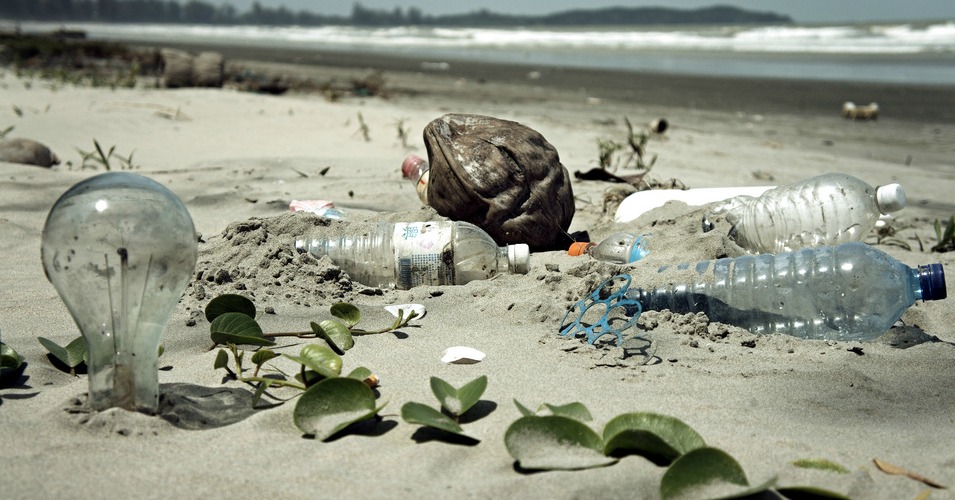Published on Tuesday, June 24, 2014 by Common Dreams

Published on Tuesday, June 24, 2014 by Common Dreams
The world's oceans face irreparable damage from climate change and overfishing, with a five-year window for intervention, an environmental panel said Tuesday.
Neglecting the health of the oceans could have devastating effects on the world's food supply, clean air, and climate stability, among other factors.
The Global Oceans Commission, an environmental group formed by the Pew Charitable Trust, released a report (PDF) addressing the declining marine ecosystems around the world and outlining an eight-step "rescue package" to restore growth and prevent future damage to the seas. The 18-month study proposes increased governance of the oceans, including limiting oil and gas exploration, capping subsidies for commercial fishing, and creating marine protected areas (MPAs) to guard against pollution, particularly from plastics.
"A healthy ocean is a key to our well-being," said Jose Maria Figueres, co-chair and former president of Costa Rica. "Unless we turn the tide on ocean decline within five years, the international community should consider turning the high seas into an off-limits regeneration zone until its condition is restored."
Government subsidies for high seas fishing total at least $30 billion a year and are carried out by just ten countries, the report said. About 60 percent of such subsidies encourage unsustainable practices like the fuel-hungry "bottom trawling" of ocean floors — funds that could be rerouted to conservation efforts or employment in coastal areas.
Meanwhile, environmental nonprofits and governmental bodies are starting to recognize the insufficient protections offered by systems like the UN Convention on the Law of the Sea (UNCLOS), which aims to regulate portions of the ocean but cannot actually enforce any laws. The report includes a proposal to ratify the UNCLOS, increasing and extending its oversight to 64 percent of the ocean which is currently outside of national jurisdiction.
"Without proper governance, a minority will continue to abuse the freedom of the high seas, plunder the riches that lie beneath the waves, take more than a fair share, and benefit at the expense of the rest of us, especially the poorest," said Trevor Manuel, co-chair of the commission and former minister of finance of South Africa.
Failure to reverse the decline of the ocean's ecosystems would be an "unforgivable betrayal of current and future generations," said David Miliband, co-chair and former British foreign secretary.
_____________________